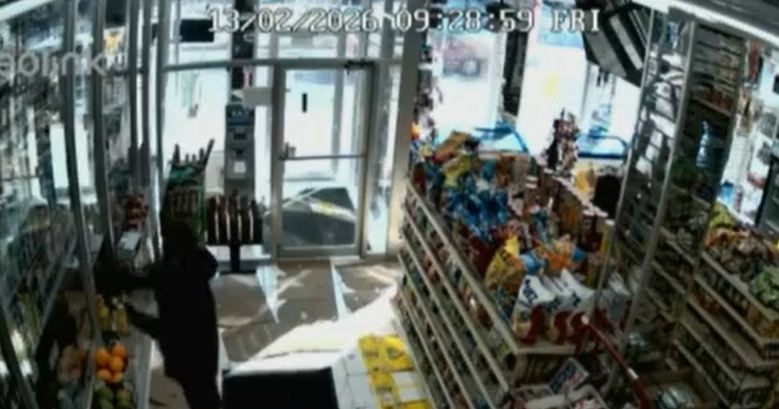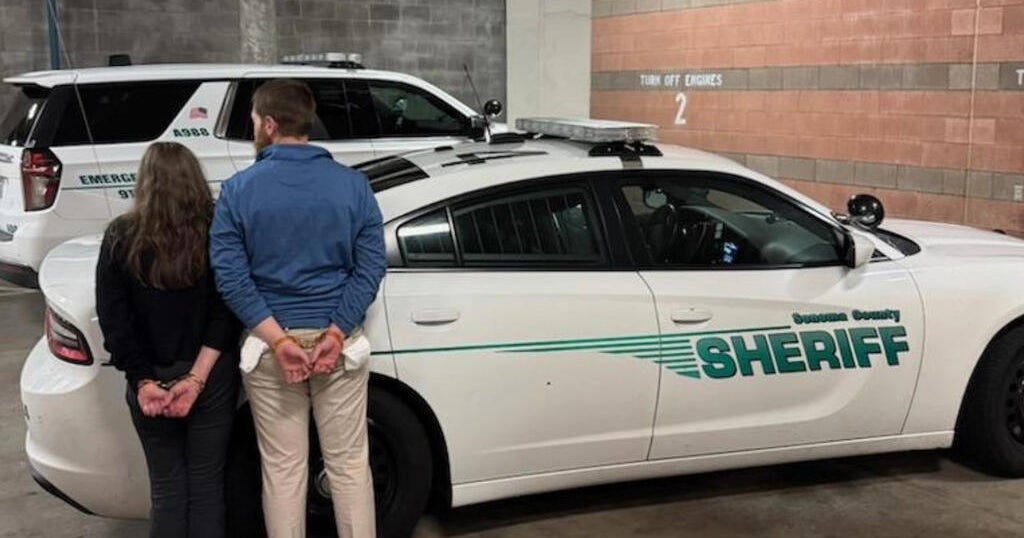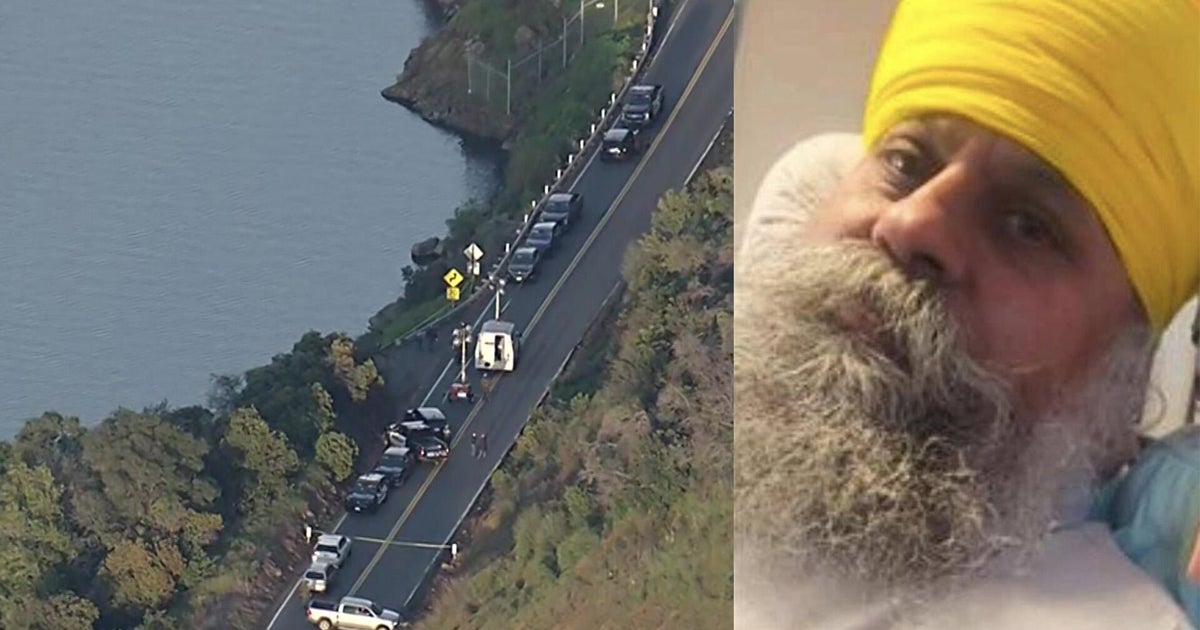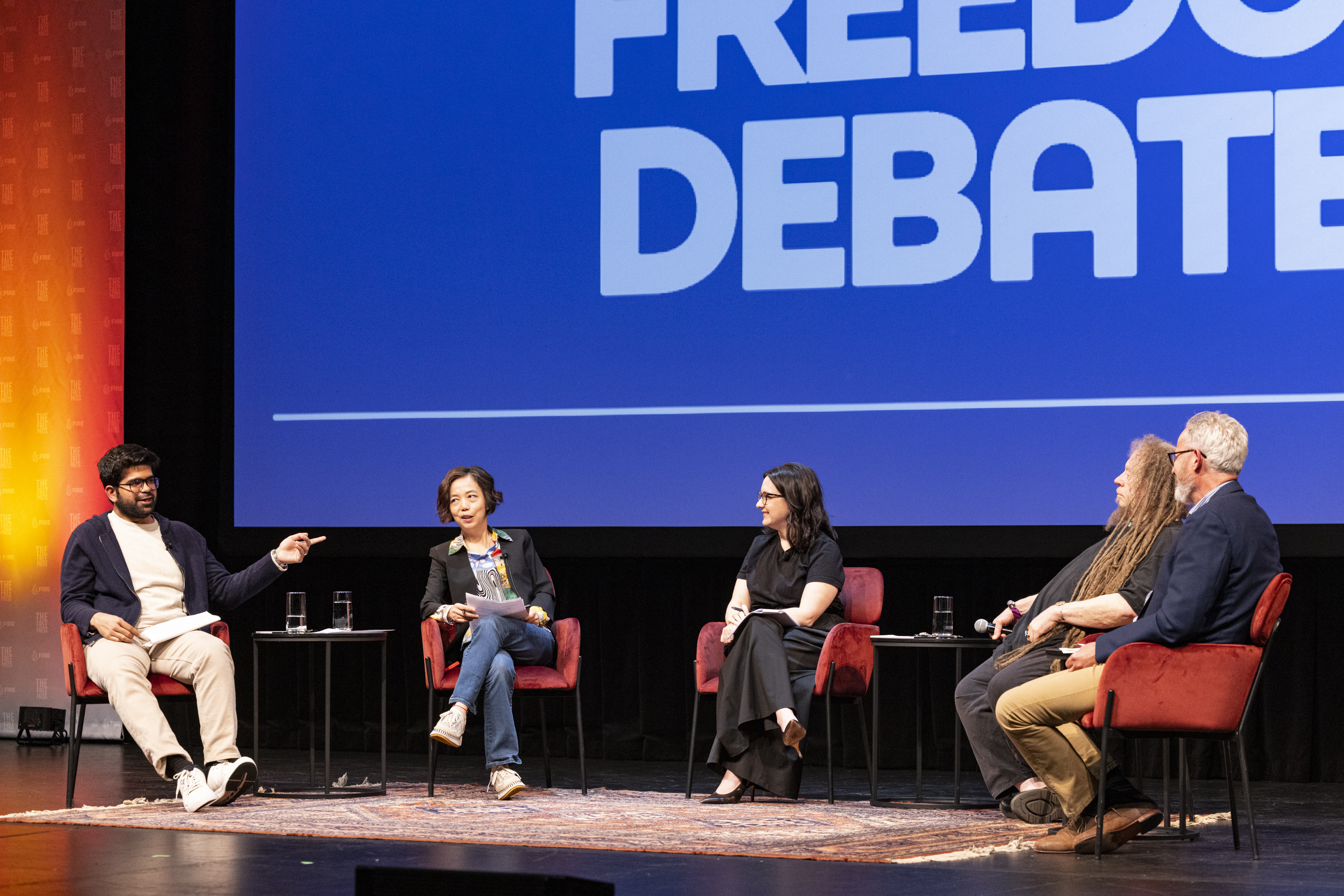San Francisco considers facial recognition ban over bias and privacy concerns
Hillsboro, Ore. — From security cameras to cell phones, our faces are now everywhere. That's why more law enforcement agencies are harnessing facial recognition technology to help fight crime. After someone suspected of committing a crime is caught on a surveillance camera, a screen grab of that person's face is then run through a database containing hundreds of thousands of mug shots of people with previous arrests.
The Washington County Sheriff's Office just outside Portland, Oregon has been using Amazon's recognition software for nearly two years. Senior systems analyst Chris Adzima said it's much more efficient than looking through thousands of booking photos with the human eye.
"The chin, eyes, everything is measured," Adzima said.
Officers said this is only one of many tools. But there's growing public fear of this technology.
The loudest backlash is coming from San Francisco. Lawmakers and civil liberty watchdogs are pushing for the nation's first-ever citywide ban of facial recognition at all government agencies.
"Facial recognition is biased against people of color and it's often inaccurate," said Matt Cagle, an attorney with the American Civil Liberties Union.
The ACLU points to its test of Amazon's facial recognition program as proof after scanning images of members of Congress and comparing them to archived arrest photos. Twenty-eight lawmakers were incorrectly matched, including six members of the Congressional Black Caucus.
Critics also warn of "big brother" watching our every move.
"This is a system that is too dangerous to deploy because it allows the government to track who we are, where we go and even who we associate with," Cagle said.
But the officers CBS News spoke with disagree.
"I would hate to see it banned fully anywhere because with the right restrictions it can be a really useful tool," said Det. Mark Povolny, with the Washington County Sheriff's Office.



